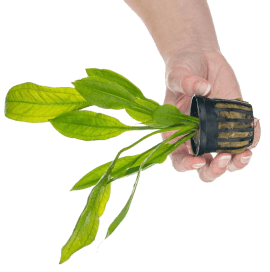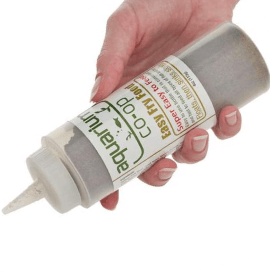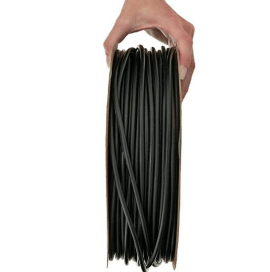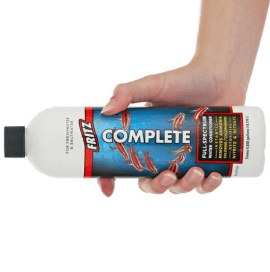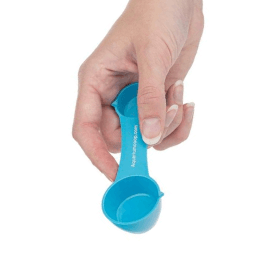Shipping Waste
Shipping waste is something the average person is becoming more and more aware of as the trend of online ordering has increased over the last few years. We first noticed it in our own business when some of our physical retail store customers who lived in Seattle, Washington began making purchases online instead of coming into the store.
After studying the issue, we found that a small segment of customers from all over the USA were ordering multiple times a week. This led us to closely examine the shipping waste produced by such orders. Each box that was underutilized led to wasted materials to fill the empty void in the box, and ultimately, they took up unnecessary space in airplanes and delivery trucks. This was also a detriment to the environment since we were not efficiently using our resources.

Custom-made shipping boxes, optimized for our bestselling products
We looked at what we could do as a company to guide customers in the right direction and reduce our shipping waste. The first thing we did was analyze all of our top-selling products and have custom boxes made that best utilized space.
We learned the smallest orders were often the worst offenders of shipping waste. Our average shipment is about the size of a loaf of bread, so shipping out one item the size of a pack of gum caused us to stuff our boxes with lots of void fill. We switched from using inflated pillows, which are cheap and a bit hard to recycle, to paper, which is more expensive but easier to recycle for most customers.

Using recyclable paper as protective packaging and void fill
We then raised our minimum order to $19.99. This was a compromise to help fill a box with more than one item. This hasn't eliminated the problem but has solved a good portion of it. We are continually looking for ways to reduce shipping waste.
We also changed from using Styrofoam liners on our plants to reusable plant liners when shipping in extreme cold or hot climates. We also switched from primarily using plastic-based tapes to paper-based tapes for our boxes.

Reusable shipping liners to protect plants from extreme temperatures
In addition, we receive a lot of shipments to our warehouse, so we recycle all the cardboard and paper. We changed from normal pallet wrap to biodegradable pallet wrap. In our retail store, we have used oxygen-degradable bags for many years now.
Many of you have asked, "What else can we as customers do to help?" In general, the more products you buy, the more efficient it gets. However, some specific things you can do is buy three or more live plants at a time — especially during heat or cold spells — since the packaging used to ship the plants will be the same whether there is one plant or many.

Selecting multiple plants in one order can help increase shipping efficiency.
